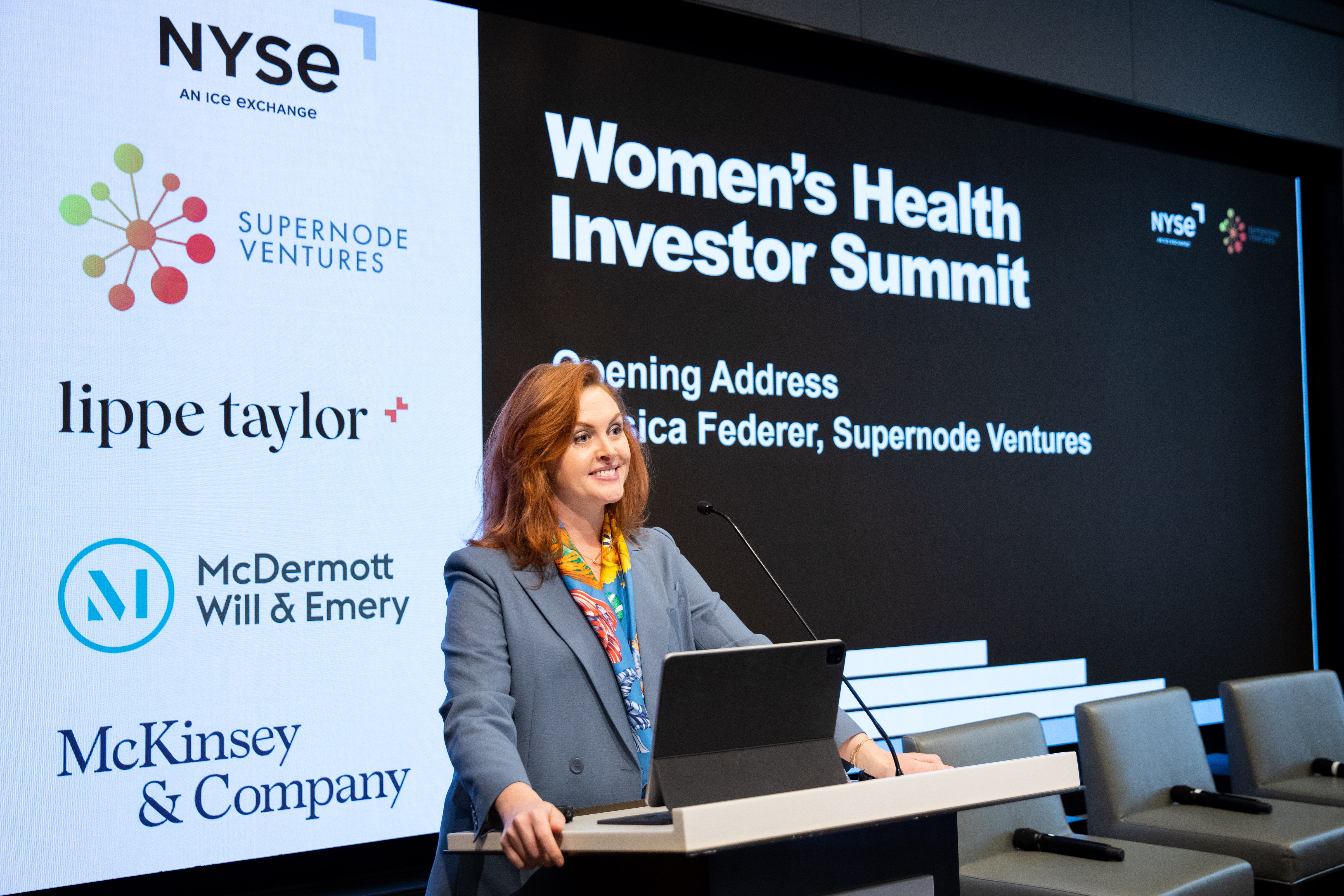Digital Health Space Off to Sketchy 2023
While Q2 results are still to come, investment dollars lagging far behind 2021.
In 2021, investors fell deeply in love with the digital health market. They expressed that love by doling out lots of cash.
The mood was giddy, certainly understandable considering how emerging companies were overvalued: All that competition raised valuations in early-round funding.1 Investors, even those with little clue of how the healthcare market works, courted founders with interesting ideas. Deals closed quickly: Investors in U.S. digital health start-ups spent $29.1 billion for 729 deals, an average of two a day.1
Last year, sobriety struck. The number of start-up deals dropped to 572, the investment dollars to $15.3 billion. The fourth quarter tanked: It was less than a third of the $7.4 billion in Q4 2021. In Q1 2023, funding for all rounds was $3.4 billion for 132 deals – with six of them garnering 40% of that $3.4 billion. The reasons for the skid are known; they include federal reserve interest rate hikes, bank closures, and uncertainty about changes coming from Washington, like the lifting of pandemic restrictions.2,3
And for this year? It’s too early to predict the rest of 2023 until the Q2 results are in, said Adriana Krasniansky, head of research, Rock Health, as the Q2 figures will better inform how the rest of the year will look. That said, investors are wielding their power, Krasniansky explained, especially with nascent companies. Investors are taking their time before making commitments, asking for better defined business plans, which could include regulatory submission or payer reimbursement, where applicable, and scrutinizing the viability of exit pathways. These demands will likely shape new products to come.
Adriana Krasniansky, head of research, Rock Health.

Said Krasniansky: “There is more pragmatism. Startups are more likely to be innovating within the current confines,” as investors want to know “what can be tolerated from a regulatory perspective. There is optimism that digital health can reduce costs and improve clinical outcomes, but they are keeping a close eye on which companies can do that within the existing environment.” Where and on what they are willing to spend depends on what the company’s valuation is, the terms of the deal and how well they know the company’s leadership.
“The investment decision comes down to the product and team behind it,” Krasniansky said.5
All of which can make or break things for a hatching or newly hatched company.
At Supernode Ventures, an early-round investor that is currently in its second round of funding, managing partner Jessica Federer says companies are, mood-wise, in “two camps.” The first camp has investor contacts and a supporter investor base. “Their rounds are almost full before they announce them,” she said. The second group is getting “much more realistic questions on valuation. It is a slow, deliberate process.”
Jessica Federer, managing partner, Supernode Ventures

Over the last few years, Federer said, valuations were “crazy” as investors unfamiliar with an emerging healthcare market wanted in. Companies, she said, took that funding, but because those investors didn’t appreciate the amount of time a product takes to reach market, mainly due to regulatory and reimbursement issues, “it didn’t work well.” Right now, she said, “we have returned to the appropriate base.”
Said Federer: “Investors are looking for health care leads and building relationships early.” And firms like hers are more cautious, as smaller, earlier funds have better returns.
The companies
Investor-dependent companies are also practicing caution and spending their cash judiciously. And like the investors, says Federer, they are looking for lead investors who understand their business well.
Not all companies are shying away from new ventures. A new portfolio company called Elevage Medical Technologies, launched by the healthcare investment firm Patient Square Capital, is open for business, but is only interested in funding those firms that are in operation.4 There is also Paradigm, which has $203 million in series A funding from Arch Venture Partners, that launched in January. Paradigm is building a clinical trial platform meant to improve equitable access for patients.5 That $203 million beat out every global deal in 2022, save for the $259 million for DispatchHealth in Q4 2022, whose financial backers include two pharmacy benefit manager-related companies, Optum Ventures and Humana.6
As for the closures and layoffs in the digital health space, Krasniansky said that digital health companies that are trailblazing on multiple fronts, like creating new technologies, looking for a new regulatory pathway, trying to find ways for reimbursement simultaneously, are stretching themselves thin, and that carries risk. They need more cash runway to manage multiple initiatives, and that may be harder to secure in today's market.
Take Pear Therapeutics, which has three FDA cleared products for addictions and chronic insomnia, as an example. While the CMS allowed the creation of billing code A2921, which is designated for prescription digital cognitive and/or behavioral therapy, Medicare would not grant reimbursement for Pear’s products.7 The company recently filed for Chapter 11 protection.
Christine Bahls is a freelance journalist for medical, clinical trials, and pharma information.
References
- Krasniansky A, Evans B, Zweig M. 2021 year-end digital health funding: Seismic shifts beneath the surface. Rock Health. Jan 10, 2022. https://rockhealth.com/insights/2021-year-end-digital-health-funding-seismic-shifts-beneath-the-surface/
- Knowles, M, Krasniansky A. 2022 year-end digital health funding: Lessons at the end of a funding cycle. Jan. 3, 2023 https://rockhealth.com/insights/2022-year-end-digital-health-funding-lessons-at-the-end-of-a-funding-cycle/
- Somaiya M, Krasniansky A. 2023 Q1 digital health funding: Investing like it’s 2019. Rock Health. April 3, 2023. https://rockhealth.com/insights/2023-q1-digital-health-funding-investing-like-its-2019/
- Adams, K. Patient Square Capital Launches Company to Support Medical Device Startups. MedCityNews. May 1, 2023. https://medcitynews.com/2023/05/medical-device-startups-capital-funding-investment/?utm_medium=email&_hsmi=256614618&_hsenc=p2ANqtz-937mrK4tIyjmaJdxSsczNQbu3TevI5VK0p0owXcPNOOjpX6ZV25Xu_hlg1Gh3dvSLPdUWd0PYw74tSk0DnJz5Nv95vYg&utm_content=256614618&utm_source=hs_email
- Press release. Paradigm launches with $203 million to rebuild the clinical research ecosystem. Jan. 27, 2023. https://www.paradigm.inc/news/paradigm-launches-to-rebuild-clinical-research
- CB Insights. 2022 State of Digital Health report. p. 32 https://www.cbinsights.com/reports/CB-Insights_Digital-Health-Report-2022.pdf
- Cavuoto J. CMS Payment Decisions Confound Neuromod Vendors. Neurotech Reports. October 2022 https://www.neurotechreports.com/pages/CMS-noninvasive-neuromodulation-reimbursement-amounts.html
Financial Engineering for Biotech Success
February 12th 2023Andrew W. Lo, PhD, a finance professor at the MIT Sloan School of Management and the director of the MIT Laboratory for Financial Engineering, discusses cultural differences between the scientific side of biopharma and the financial side.